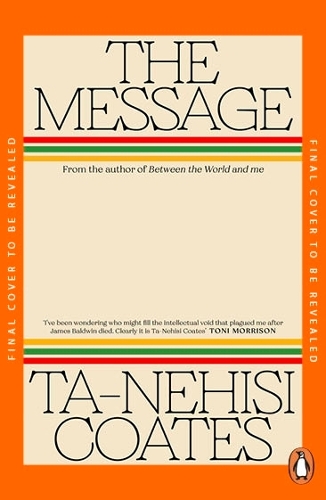The book offers a politically charged meditation on race, censorship, and oppression, illuminated through Coates’s travels to Senegal and the West Bank.
This review highlights how Coates uses his journeys to different conflict zones to explore deep questions about race, censorship, and the power of stories in shaping reality. The reviewer appreciates Coates’s ability to connect his personal experiences with broader political and social themes, particularly how narratives influence perceptions of history and justice. The reviewer emphasizes that the book is not just a travelogue but a thoughtful inquiry into how storytelling can both reveal and distort truths about oppression and identity. They note Coates’s skill in shedding light on complex issues through a blend of memoir and political analysis, making the book a compelling and timely reflection on contemporary struggles around race and power.
Quick quotes
Travels to Senegal and the West Bank shed light on how we think about race, censorship and oppression.
A politically charged meditation on the power of stories.
The book exposes how narratives shape our understanding of reality and justice.
